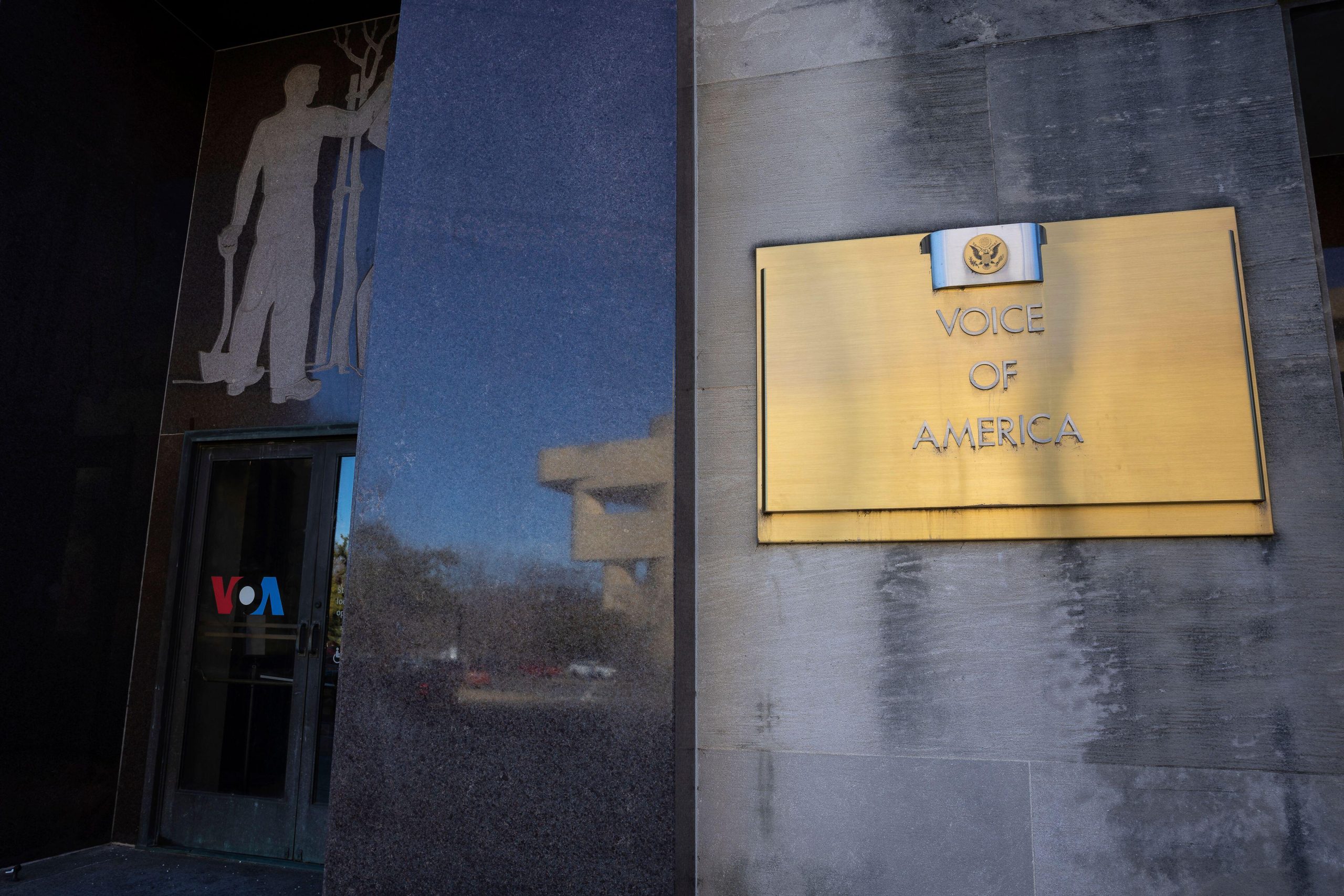
A judge ruled today that the High Court in London is not the best place to hear a libel dispute between billionaire Ukrainian businessman Dimitry Firtash and the Kyiv Post, a Ukrainian newspaper.
Whilst only 21 people downloaded the article about Firtash’s business practices in the UK, the libel action was pursued in London’s High Court.
Master Leslie threw the case out, saying the claimant’s connections to the UK were “tenuous in the extreme.” He added: “There is no substantial connection to this jurisdiction.”
The Libel Reform Campaign, as well as groups such as Article 19 and the Media Legal Defence Initiative, has long argued that wealthy claimants are using the High Court in London to stifle criticism of their behaviour overseas. In July 2010, President Obama signed into law legislation to protect US journalists, writers and publishers from “libel tourists” — litigants who sue Americans in foreign jurisdictions which place a lower emphasis on free speech.
Late last year, the Kyiv Post blocked access from Britain in protest at English defamation laws. Upon visting kyivpost.com visitors would instead be directed to a plain white page with this message:
“The Kyiv Post, effective Dec. 14, 2010, is blocking access to all web traffic originating from the United Kingdom in protest of the draconian libel laws there that hinder legitimate free speech and threaten the work of independent journalists, authors, scientists and others worldwide.”
Welcoming the ruling, Conservative MP Sir Peter Bottomley urged reform of England’s libel laws:
“Parliament should without delay make the law clear. The costs should be limited to half the estimate damage if the words are potentially untrue, damaging and not privileged. Additionally, the subject of the complaint should have a statute right to show that the UK is not the relevant court for one of a list of clear reasons. Also, the limit of costs and damages combined should not be higher than the number of listeners or readers multiplied by say 50 pence. Twenty readers creates the combined limit of ten pounds; two million copies might lead to a calculation of £1 million.”





